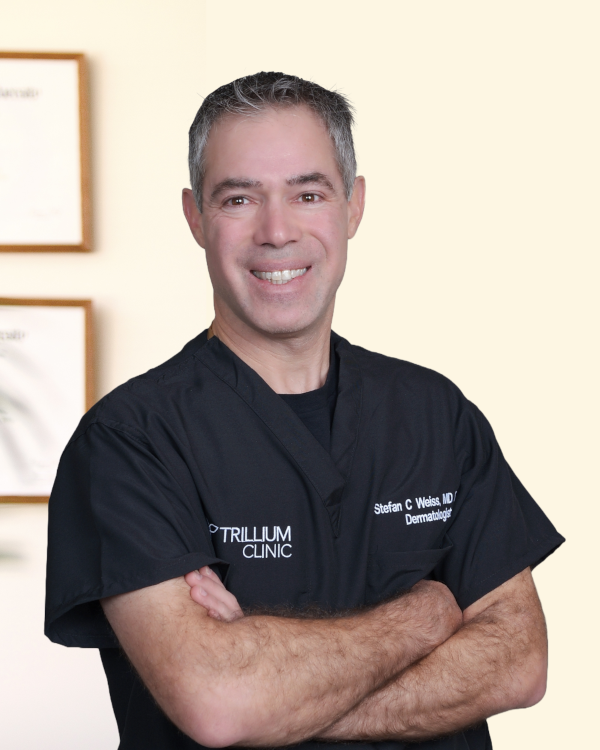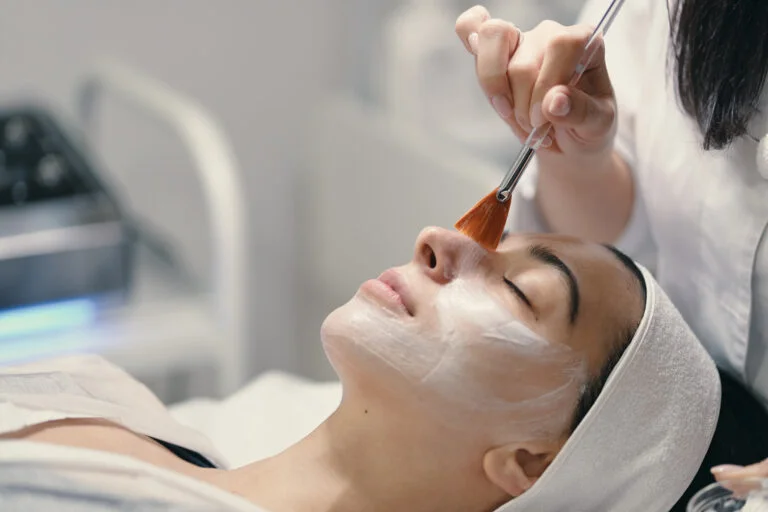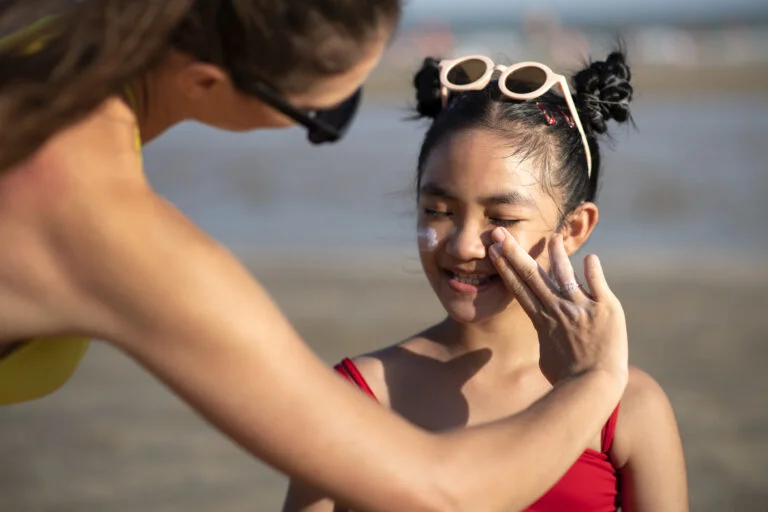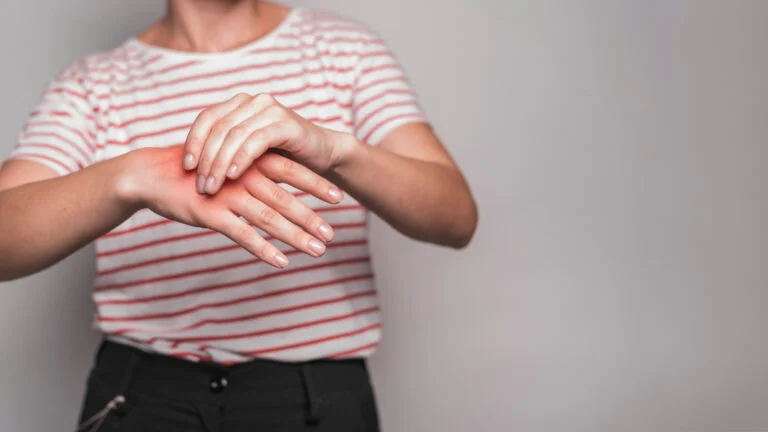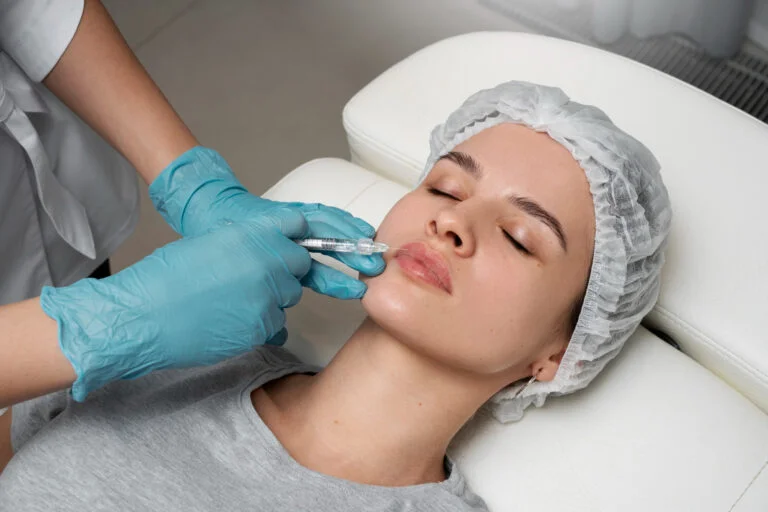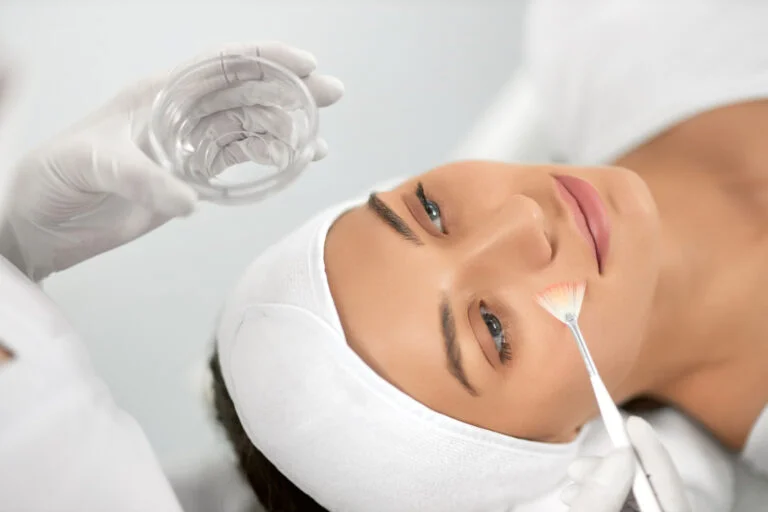Do you still get burned after a short amount of time in the sun even when using SPF 70. Well you may not be using the right sunscreen or not applying it as directed.
Remember, SPF indicates the level of protection against UVB rays, which are primarily responsible for causing sunburn. However, it’s also essential to choose a broad-spectrum sunscreen that protects against both UVA and UVB rays for comprehensive sun protection. Sun protection is critical to avoiding skin cancer.
Although more cosmetically elegant, chemical sunscreens work by absorbing UV radiation and converting it into heat, which is then released from the skin. Therefore, they must be absorbed into the skin to be effective. What does this mean for you…putting it on right before you are outside is not going to work.
Recommended Sunscreens by Skin Doctors
That’s why most of the best skin doctors recommend mineral sunscreens. As physical blockers, they contain active mineral ingredients like zinc oxide or titanium dioxide, which sit on the skin’s surface and reflect or scatter UV radiation away from the skin. Consequently, they offer broad-spectrum protection against both UVA and UVB rays and start working as soon as you apply them.
Mineral sunscreens are gentler on sensitive skin, less likely to cause skin irritation or allergic reactions. Thus, if you have sensitive skin this is probably a better choice for you.
Its also your opportunity to take 1 for the planet – mineral sunscreens are less likely to cause coral reef damage. They are often considered reef-safe as they don’t contain chemicals known to harm coral reefs. If you, or someone you know has had a number of sun burns and may need a skin check. Click HERE to talk with one of the clinicians at Trillium Clinic A center for dermatology in Chapel Hill.

